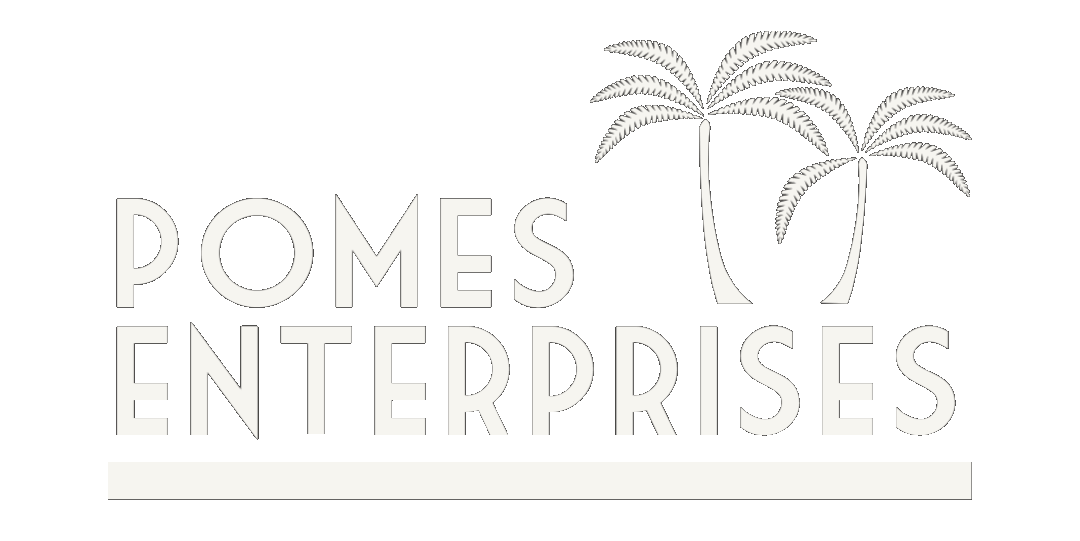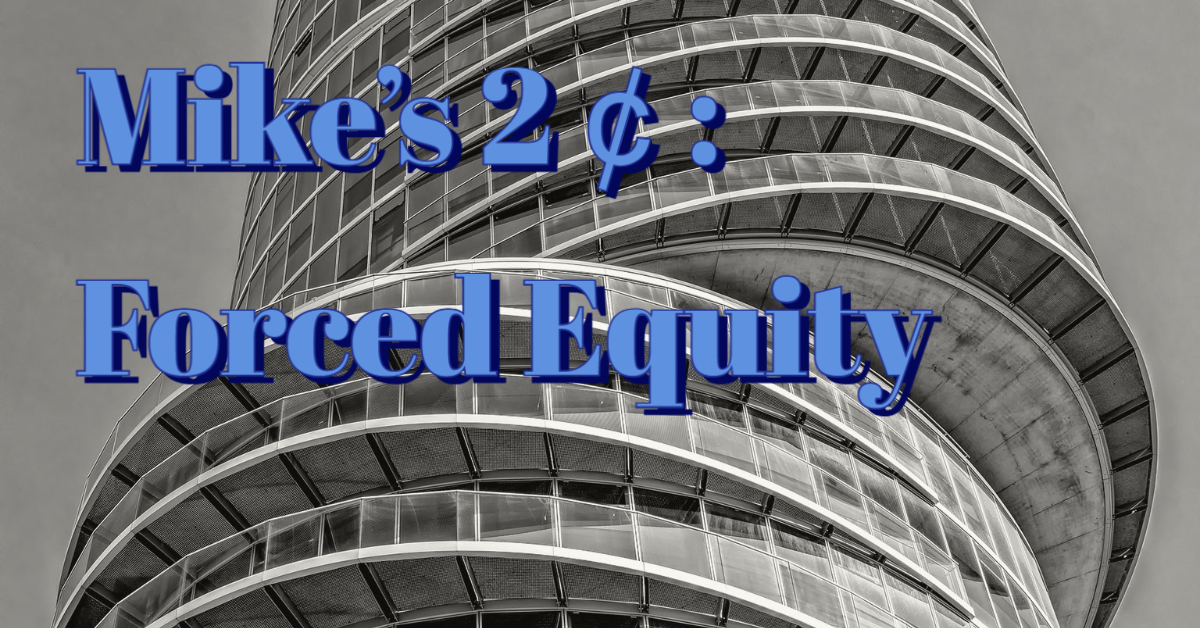Forced equity is when an investor looks at a property and believes that they could justify a rent increase if they were to invest in adding amenities to the property. It adds value to the property because what investors look for is the net operating income. They look at what the total rents are, minus expenses; that’s their NOI.
Once they have that annual figure, you can say, for example, a property has an NOI of $50,000 a year. They’re then able to figure out what they should offer for the property. Investors will sometimes see a property, and they think to themselves, “This property has potential where I can force equity.” Meaning, “I can invest into fixing up that property by adding other features, and can rent those units out for a higher amount each month.” Which then would make that property more valuable. They can then go to a bank and then say, “I bought this property for (an example of) $500,000, but I was able to force equity, meaning it’s now worth $600,000 because I was able to bring the rents up,” The investor can bring the rents up because they provided a better situation for the tenants; the tenants are now willing to pay the market rate of that unit, therefore increasing the property value. When investors look at a property, they also calculate the potential equity they can earn over the next several years.
Still, forced equity is something actionable that can be done comparatively quicker and have a similar result. Similarly, found equity or hidden equity is where the seller doesn’t realize what they have; one man’s trash is another man’s treasure. The perfect example is, my dad was selling a vintage game and vintage chair, and we didn’t know the actual value of it, but the person buying it knew what it was worth. An investor could recognize hidden equity or a way to force equity that the seller doesn’t recognize, and that would be an ideal situation for the investor. The investor can then buy the property and, from day one, implement the plan to increase the equity and increase his profits.
contributor: @MichaelPomes

